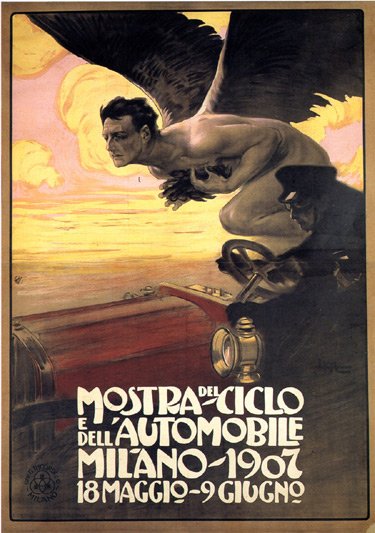Liberals hate any kind of individualism. They hate your having your own car and driving to work by your own chosen path at your own time. They even object to your having your own house and a backyard.
You should be living collectively in small apartments, where you can smell your neighbors’ cooking and hear him slam his door and flush his john. You ought to be riding to work in public transportation train cars, packed in cheek by jowl with the whole range and variety of humanity, rubbing up against them, inhaling their breath and body odors.
Exurban life represents a rejection of the entire urban life style, of trendy restaurants, of currently hot music clubs, of the clash of interest groups in urban politics, of both fashion and Bohemianism in favor of family and of shopping in favor of Nature.
As George Will observes, liberals think government ought to be doing something to force you to choose differently.
For many generations—before automobiles were common, but trolleys ran to the edges of towns—Americans by the scores of millions have been happily trading distance for space, living farther from their jobs in order to enjoy ample backyards and other aspects of low-density living. And long before climate change became another excuse for disparaging America’s “automobile culture,” many liberal intellectuals were bothered by the automobile. It subverted their agenda of expanding government—meaning their—supervision of other people’s lives. Drivers moving around where and when they please? Without government supervision? Depriving themselves and others of communitarian moments on mass transit? No good could come of this.
Although proponents of the “war against sprawl” think of it as newfangled, it actually is quaintly retro. In the 1950s, when liberalism took a turn toward esthetic politics, its thinkers began looking askance at middle-class America. To the herd of independent thinkers who deplored it in chorus, suburbanization was emblematic of the banality of bourgeoisie life. Then, 45 years ago this week, a Democratic president who had been in office exactly six months heeded the liberal intellectual’s cri de coeur.
On May 22, 1964, President Lyndon Johnson, speaking at the University of Michigan, announced plans to transform America by leading it “upward to the Great Society.” Exhorting the Class of 1964 to “indignation,” he said America was in danger of being “buried under unbridled growth.” The implication was clear: Government must put a bridle—and a saddle and snaffle—on Americans, the better to, LBJ said, “enrich and elevate” their lives above “soulless wealth” and to serve “the desire for beauty and the hunger for community.”
Once upon a time, government was supposed to defend the shores, deliver the mail and let people get on with their lives. Today’s far-seeing and fastidious government, not content with designing the cars Americans drive to their homes and the lightbulbs they use in their homes (do you know that, come 2014, the incandescent lightbulb will be illegal?), wants to say where their homes can be.















